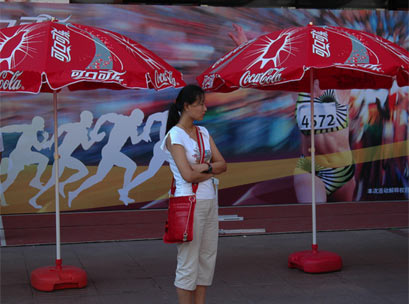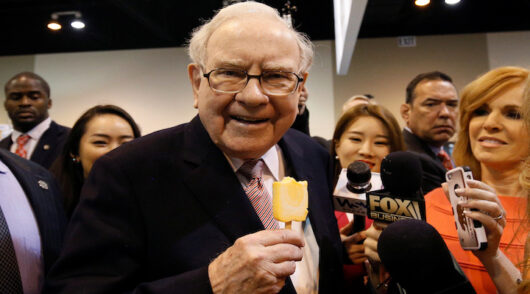Chinese are heading to foreign countries in record numbers – but multinational hotels, airlines and luxury retailers are unprepared to handle their needs, expectations and numbers, say travel and tourism experts this week on Thoughtful China.
The rising number of Chinese travelers “will completely change the face of tourism,” especially in the hottest destinations for Chinese travelers, New York and Las Vegas, says Pierre Gervois, president and CEO of China Elite Focus, which specialises in affluent Chinese outbound tourism.
A decade ago, few Chinese tourists went further than shopping excursions to Hong Kong organised by tour group operators. Today, the Chinese comprise the world’s third-largest spenders on international tourism, behind Germans and Americans. The growing number of affluent Chinese have more choices, they want more customised experiences and they have high expectations.
Travel experts in China say western hotels, airlines, restaurants and luxury retailers in Asia, the US and Europe are not ready to cope with the rising number of Chinese tourists heading their way.
“The West is not as prepared as it could be,” says Bruce Ryde, GM of InterContinental Hotels’ Hotel Indigo Shanghai on the Bund, who says the biggest issue is language.
The need for customisation does not stop at translation. For example, Chinese expect to have their cuisine readily available in restaurants, from room service and inside mini-bars.
“If a hotel can provide Americans with a hamburger in Hanoi, then Chinese should get noodles in Nice,” says PT Black, Thoughtful China’s senior creative director in Shanghai.
Foreign companies should also be working harder to provide product information, marketing and online booking options in Chinese, says Chloe Reuter, a luxury retail specialist based in Shanghai.
“The most important the hotels need to be thinking about is understanding the understanding and tapping into the cultural differences, and ensuring they understand what’s important to Chinese travelers,” says Gary Rosen, the former senior VP and head of global operations for InterContinental Hotels Group.
“Know your nationalities. If you can’t tell the difference between Chinese and Japanese, now is the time to learn. Chinese people hate being addressed in Japanese, so err on the safe side. Learn to say ‘Ni hao,’ which means ‘hello’ in Mandarin,” advises Black.






